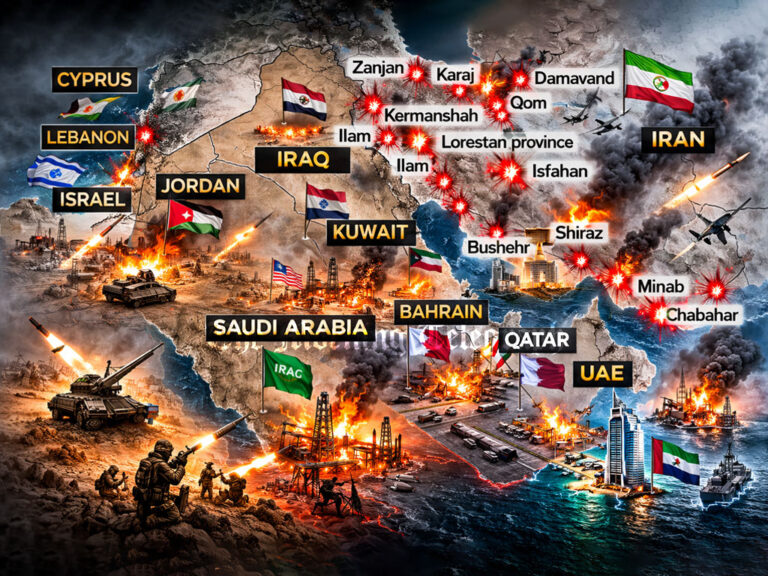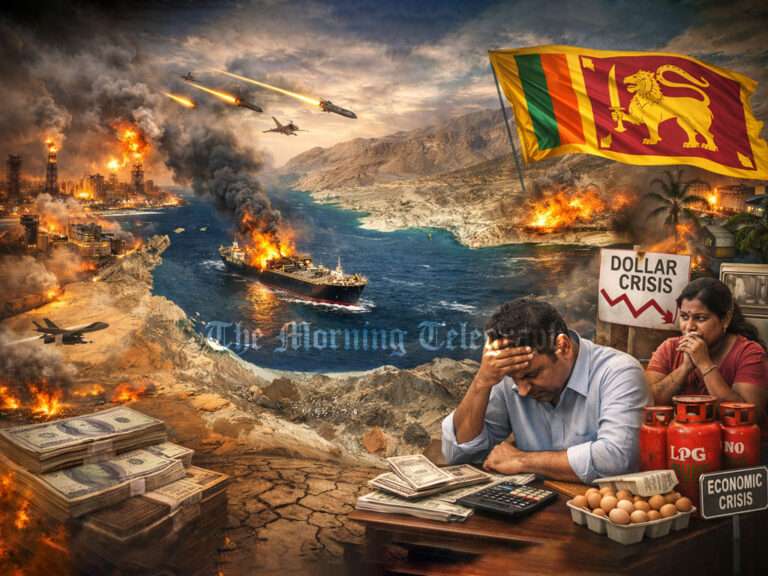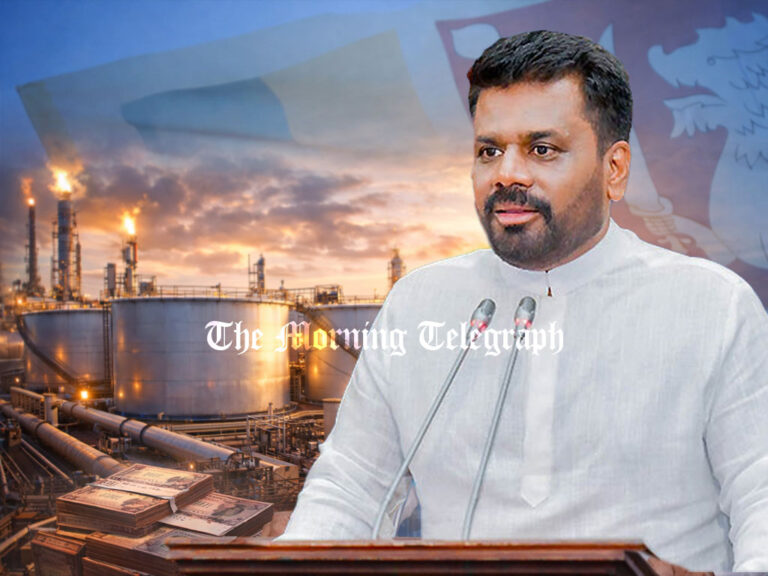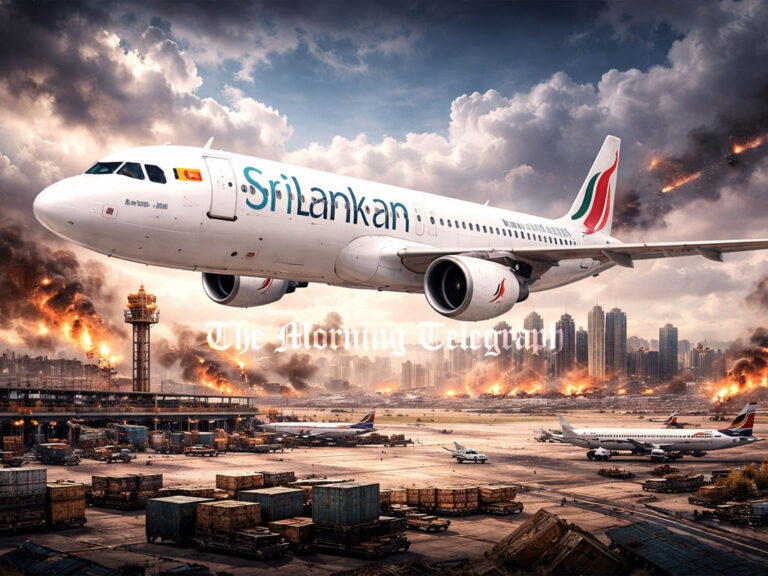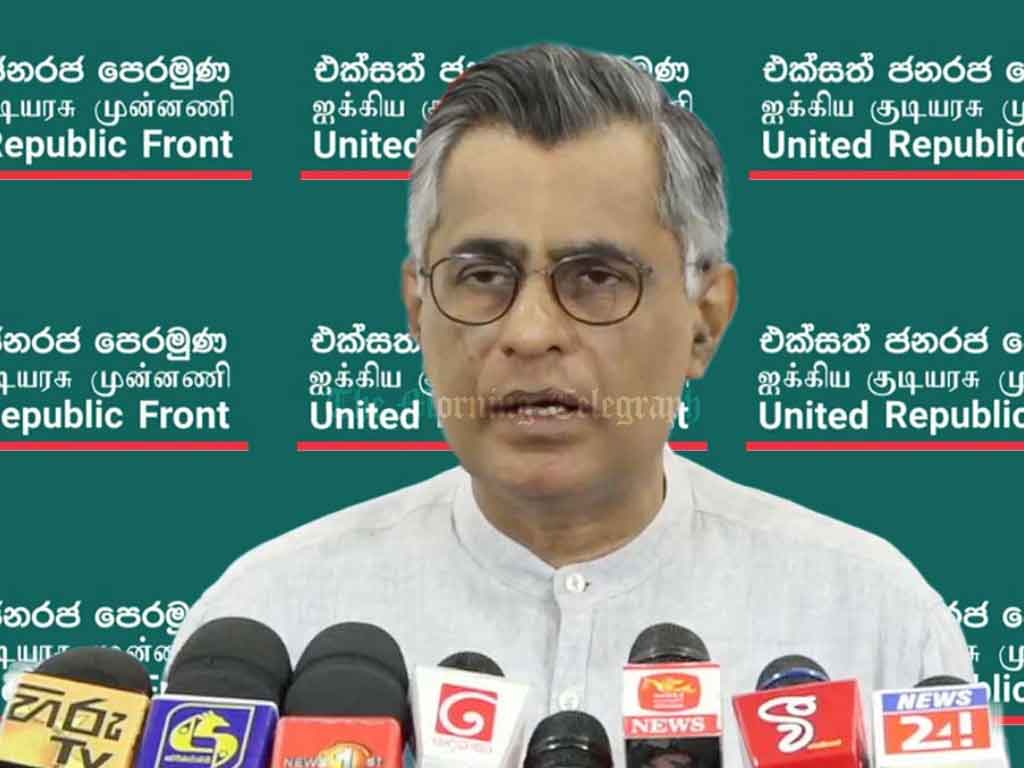
United Republic Front leader and former Minister Patali Champika Ranawaka has strongly criticized Sri Lanka’s public transport system, labeling it outdated and ineffective. Speaking at a media conference organized by the United Republic Front, Ranawaka addressed the systemic issues that have long plagued the country’s transport sector and proposed a series of comprehensive solutions. He stressed that superficial measures, such as removing decorative elements from buses, would not resolve the deep-rooted challenges in public transportation.
Ranawaka began by pointing out that the vehicles currently used for public transport in Sri Lanka are far from being actual passenger buses. Instead, they are poorly designed lorry bodies, unsuitable for providing safe and comfortable transportation. He highlighted that even in India, where many of these vehicles originate, such outdated designs are no longer in use in cities like Delhi and Bangalore. Ranawaka called for the immediate introduction of proper passenger buses that meet international standards.
According to Ranawaka, the public transport system suffers from multiple critical flaws. The quality of buses is extremely poor, and there is no competition among bus owners to improve services. Corruption is rampant in the licensing process, with some individuals obtaining licenses only to sell them later, while others fail to operate buses despite holding valid licenses. The absence of a formal bus company system further exacerbates inefficiencies, leaving drivers and other employees without proper training, fair wages, or benefits. Bus fares remain high, disproportionately benefiting bus owners while burdening passengers.
Ranawaka explained that the lack of a proper fleet of passenger buses is at the heart of the problem. Sri Lanka currently operates around five thousand buses under the Sri Lanka Transport Board (SLTB) and nearly twenty thousand private buses. However, these are not designed for modern transportation needs. He advocated for gradually replacing these outdated vehicles with well-designed passenger buses that cater to both long-distance and short-distance commuters. For long journeys, buses should offer adequate seating, while short-distance buses should provide ample space for standing passengers. Accessibility features, such as low floors and wider seats, are essential for ensuring a comfortable and inclusive travel experience.
The former minister also criticized the government’s lack of a coherent transport policy. He reminded the audience that prior to the presidential election, the President had promised to allow young people to buy Japanese motorcycles, create an environment for middle-class families to purchase cars, and reduce oil taxes and electricity tariffs. However, none of these promises have been fulfilled. Ranawaka called for a formal and scientific discussion on public transport policy to address these unfulfilled commitments and the broader issues facing the sector.
Ranawaka noted that the inefficiencies in public transport have driven many people to rely on private vehicles. He emphasized that a densely populated country like Sri Lanka cannot solve its transportation problems by increasing the number of small private vehicles. With approximately 800,000 vehicles already on the roads, strengthening the public transport system is critical. He proposed several measures, including corporatizing the bus fleet to ensure better management and accountability, mandating formal training and certification for bus drivers, and introducing benefits such as the Employees’ Provident Fund (EPF) and Employees’ Trust Fund (ETF) to improve job security.
Ranawaka also stressed the importance of adopting modern technology to streamline transport services. He proposed the introduction of an e-mobility app that integrates all modes of transportation, including buses, trains, three-wheelers, private cars, and motorcycles. This app would provide a single platform for commuters, improving coordination and convenience.
During the press conference, Ranawaka criticized the government’s current approach under the “Clean Sri Lanka” program. He acknowledged that removing unnecessary and sometimes obstructive decorations from buses and three-wheelers is a step in the right direction, but he argued that such measures fail to address the core issues. Comparing Sri Lanka’s public transport system to those of other countries, he noted that nations like Singapore and Hong Kong have successfully implemented advanced public transportation models by focusing on infrastructure, regulation, and modern technology.
Ranawaka expressed his dissatisfaction with the gradual decline in the use of public transport in Sri Lanka. He pointed out that the percentage of passengers using buses has fallen from 80% in the past to around 40% today, mainly because people cannot afford the high fares. He urged the government to reduce the diesel tax, which currently stands at Rs. 90 per liter, and use the savings to lower transport fares. This, he argued, would make public transport more accessible and encourage people to return to buses.
Addressing questions from journalists, Ranawaka elaborated on the challenges of regulating the transport sector. He explained that while the National Transport Commission (NTC) is responsible for regulating passenger transport, its efforts are often undermined by inefficiencies and corruption. He called for the establishment of bus companies operating under contract plans to ensure a more structured and reliable service.
Ranawaka also highlighted the potential benefits of introducing electric buses, noting that such vehicles are already being promoted in countries like India and China through tax concessions and subsidies. He proposed a similar approach for Sri Lanka, along with a loan scheme to help bus owners transition to modern, eco-friendly vehicles.
The former minister emphasized that public transport drivers and staff must be treated as professionals. He called for mandatory uniforms, proper training, and better working conditions, including pensions and insurance. He stressed that creating a professional workforce is essential for ensuring the safety and reliability of public transport services.
Ranawaka concluded by urging the government to adopt a scientific and well-planned approach to reforming the public transport sector. He warned that without addressing the fundamental problems, the country would continue to face mounting challenges in transportation, ultimately hindering economic growth and development.

